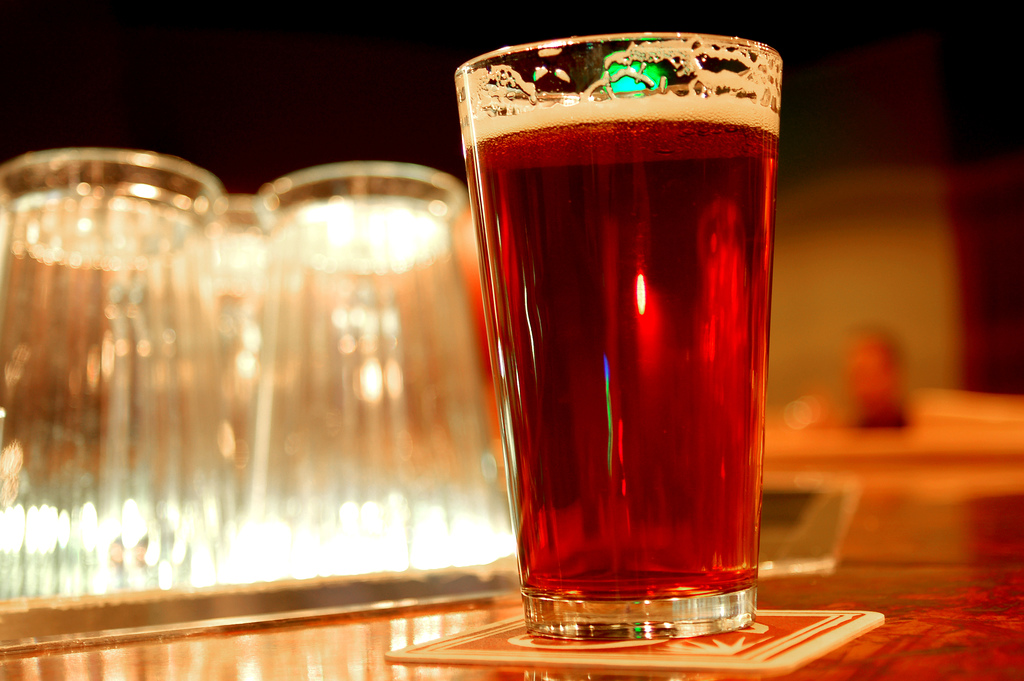Dry Good Friday ‘archaic’

The ban on alcohol sales on Good Friday is “archaic” and hurting the tourism industry, a major hospitality body has said.
The sale of alcohol is banned in the Republic on both Good Friday and Christmas Day, but the Restaurants Association of Ireland (RAI) have hit out at the ban saying the law is unacceptable at such a busy time for the tourism, restaurant and hospitality industry.
Chief executive of the RAI, Adrian Cummins, said the law is not only affecting tourism, but business internally as well.
“This law affects more than just the diners who want a drink, it affects thousands of restaurant employees on a busy weekend when restaurants simply won’t open.
“Between 1916 centenary celebrations and an international soccer friendly in the Aviva Stadium, Easter weekend, 2016 is expected to draw an estimated quarter of a million visitors to Ireland. A change in legislation to allow for the sale of alcohol on Good Friday this year would be worth €25 million to the industry and €6 million to the government in taxes.
“Ireland must be the only country in the world that has a bank holiday weekend and actually chooses to close the tourist attractions it is best known for- the centres of craic and ceol- the restaurants and pubs of the country. Even the Vatican City doesn’t obey this ridiculous law.”
“It is unacceptable to have this archaic ban in place on religious grounds, especially in the multi-cultural and multi-religious society that Ireland has become.”
The comments come as health minister Leo Varadkar’s bill on alcohol sales was criticised for disproportionately impacting smaller family owned stores.
The bill, which outlines plans for minimum alcohol pricing and completed its second stage in the Seanad in December, was said by retail lobby RGDATA to favour large multiples that had “adopted wholly irresponsible and reckless sales practices”.
The Good Friday ban began with the 1927 Intoxicating Liquor Act, which also prohibited the sale of alcohol on Christmas Day, and St Patrick’s Day. This act was revisited in 1962 and the prohibition on Paddy’s Day was lifted as it was affecting tourism.








